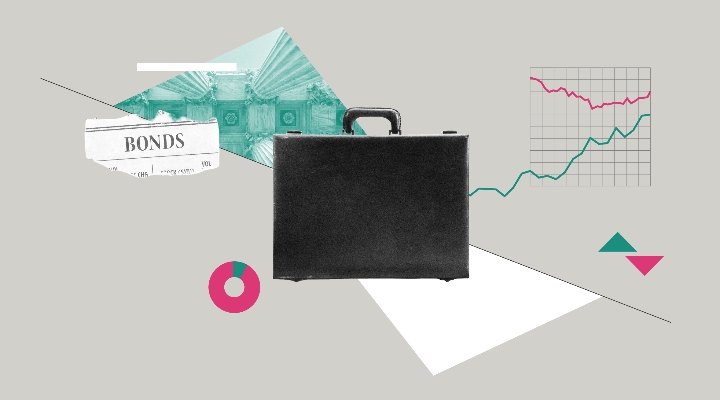
In this series, we ask leading fund managers their views on everything from investment strategies to who they look up to, and which investments they just wouldn't touch
This week, it's the turn of Stuart Widdowson, manager of the Morningstar 5 Star-rated Odyssean Investment Trust.
We're nearing the end of 2021. Which sector provides the biggest investment opportunity at the moment?
We rarely look at investing in sectors as a whole--more special situations in sub-sectors, especially now as we see material valuation anomalies in both directions across many sectors. We like certain smaller companies in the industrial sector, which we think have got significant self-help potential.
What's the biggest economic risk right now?
Inflation. I suspect the “real world” inflation we all experience is higher for many of us than the statistics. While interest rates are likely to have bottomed, I don’t see how the monetary authorities can raise rates materially and quickly without causing material disruption on a global scale.
Describe your investment strategy.
It's long-term and engaged special situation investing in up to 20 quoted smaller companies, typically in the UK. It's a portfolio of hand-picked growing companies, which we believe have higher quality business models, and are trading at a discount. We seek out companies with the potential to increase their value through sales growth, margin improvement, cash generation, M&A activity, and re-rating. Finally, we are looking for companies whose stakeholders can work to improve them and make them more covetable to other stock market investors, trade, or private equity buyers.
Who do you look up to in investing or business?
Two people who backed me when I set up Odyssean Capital were Ian Armitage and Christopher Mills. As well as having proven their abilities as good investors (Christopher has been running his North Atlantic Smaller Companies investment trust since 1982 and has made nearly 200 times capital return for his shareholders), they both exude a culture of clients first, then business, then self, which is infectious. Sadly, in my view that culture isn't always a given in the financial services world.
Tell us your favourite 'forever stock'.
It's Harworth Group, a speciality property company. They're experts in acquiring brown field land, remediating it, creating a master plan to generate the best sustainable long-term value out of a site, gaining planning, and then developing or selling the land. The business model has very high value-add and is aided by the management team's considerable experience. Historically, it has generated annual net asset value returns in the low double digits, materially above inflation. There is no obsolescence risk, nor any reason why the company won’t be doing the same thing in decades.
What would you never invest in?
Companies whose business model I cannot understand, or is poor, for instance construction companies with thin margins and horrible working capital and contract dynamics. Also: companies with weak positions in their supply chain and with low market shares.
Growth or value?
Both: I'm more of a "GARP" (growth at reasonable price) investor, but where there is an element of self-help that can provide a medium-term accelerant to profit growth.
Pension or property?
Both. They both have pros and cons. Housing is relatively liquid and has good inflation protection, but prices are high at the moment. Pension assets are illiquid, but you may be able to generate better returns than housing if you manage them well.
Are you a crypto king?
I'm sceptical about cryptocurrencies not backed or sponsored by monetary authorities. They are threats to the monetary order, and I suspect said authorities will find a way to kill them off, possibly through regulation. Remember, in the 1930s the US seized all citizens’ gold. What happens when you want to turn crypto into established cash/currencies but can’t?
What can be done to increase diversity in the fund management world?
Apprentice schemes and broader recruitment processes.
Give us an example of engaging with a company you invested in where you were particularly proud (or disappointed) about the outcome?
E2V Technologies is a global market leader in niche electronic components and systems for aerospace and healthcare. I originally invested in October 2009 as part of an equity fundraising to repair its balance sheet, which had suffered through a combination of a poorly-timed debt-funded acquisitions prior to the great financial crisis. At the time of investment, the company had materially underperformed since its float in 2004.
Over seven years, I engaged with the company and other stakeholders as the company materially improved its margins through targeting restructurings and investment, overhauled its board and executive team, refocused its research and development, and improved its business focus and capital allocation through disposals.
In 2016, it was acquired by a close industry peer, who I believe considered it “good enough to buy now” -- i.e. the quality of the business had significantly improved. Including dividends, the shares recovered to 6x return, ungeared, during the seven years of the investment.
What would you do if you weren’t a fund a manager?
Mountain rescue.


























